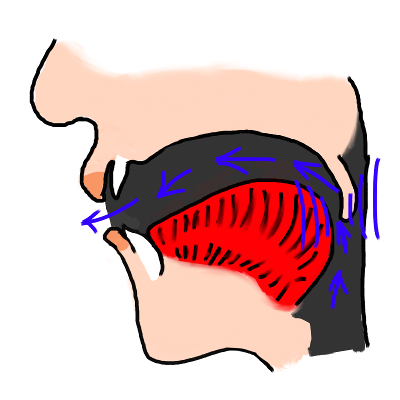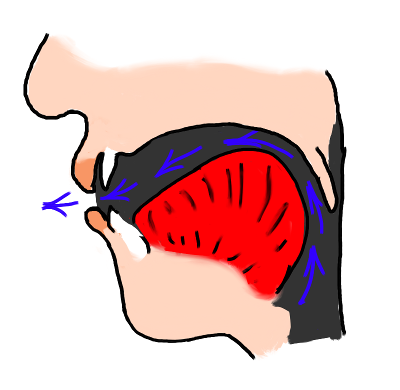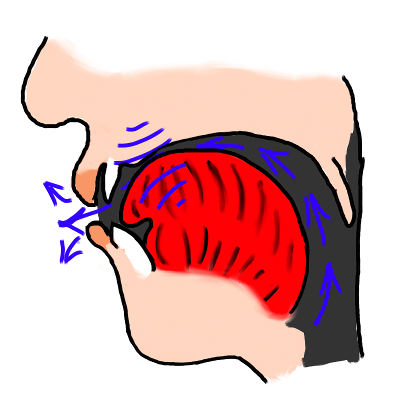How to pronounce rose
Do you find the information below useful? If you do, you can get guides like it for 1,000+ French words by downloading this app for your iPhone or iPad.
| ʁ |  | The French 'r' is generally what is technically called a "uvular fricative". In simple language, that means you bring the back of your tongue close enough to the back of the mouth that it causes friction (the "raspy" sound that you hear) with the escaping air. | |
| o |  | The French 'close o' vowel is pronounced with the tongue far back in the mouth and with the back of the tongue raised up towards the soft palate (towards the back of the roof of the mouth). Holds the lips in a rounded, bunched position as you pronounce the vowel and avoid pronouncing it as a "glide" or diphthong. | |
| z |  | The French 'z' sound is pronounced in a similar way to English 'z', by bringing the front part of the tongue very close to the ridge behind the teeth, causing friction as the air escapes, and with the vocal cords vibrating. A very subtle difference is that many English speakers use the very tip of the tongue, whereas in French it is common to use the part of the tongue just behind the tip (called the "blade" of the tongue). |